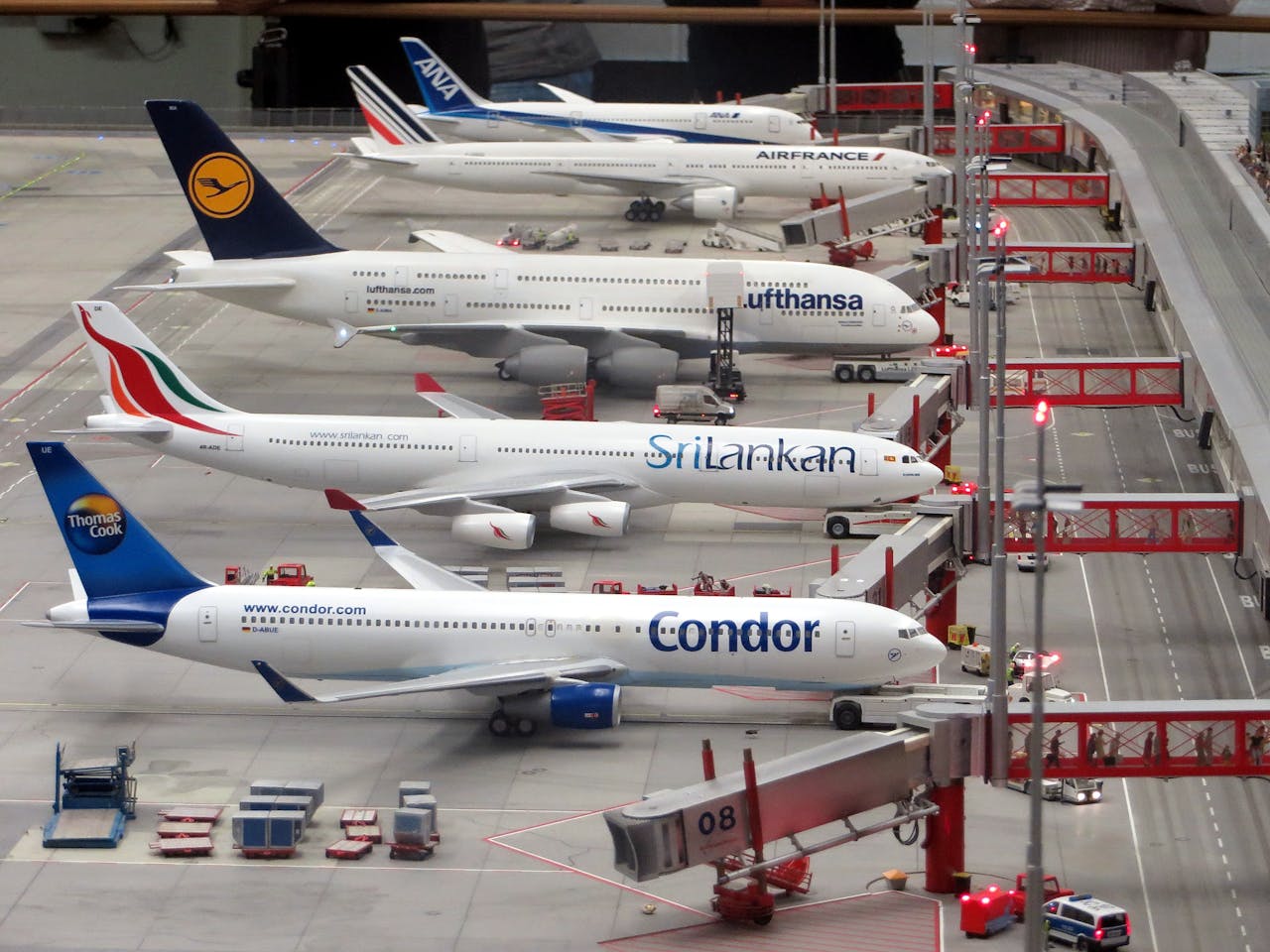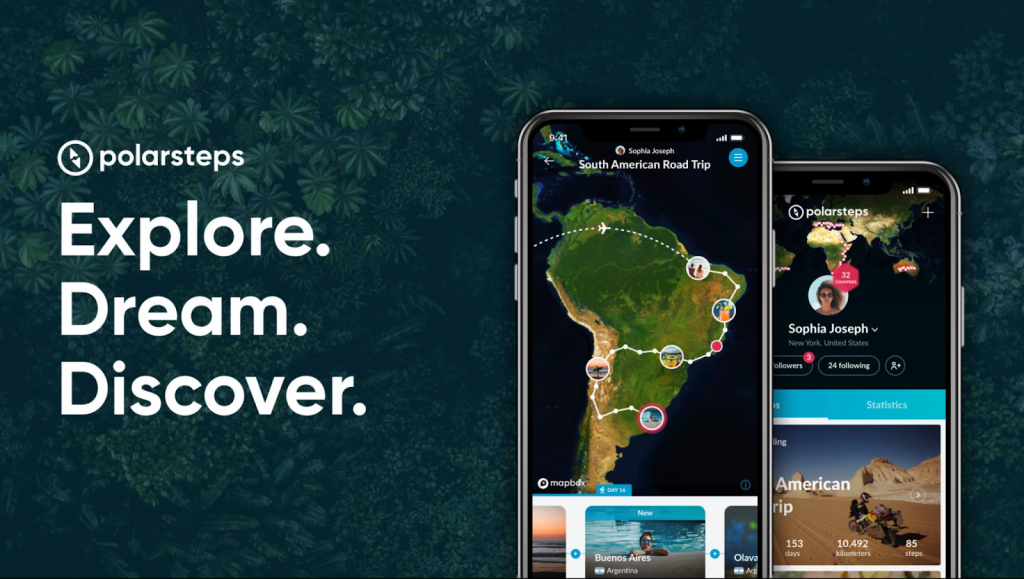In spite of challenges within the industry, air passenger volume is expected to reach 104% of pre-pandemic (2019) levels which is good news for airlines who are still reeling from the effects of global lockdowns. With traffic back in growth mode, airlines are setting their sites on how they sell their goods and are investing time and resources into optimizing and supercharging the airline retailing process. A survey from 2023 suggests a whopping 72% of consumers prefer to book trips and travel entirely online. Online Travel Agencies (OTAs) are a key retailing space for airlines but brands are looking for ways to drive bookings and increase margin through direct channels. Over the next decade, airlines are prioritizing direct bookings and building a stronger customer relationship with the travel client and by using technology and focusing on certain channels, airline brands can forge deeper connections with their customers.

The Next Decade’s Priorities
With air travel demand finally returning to normal, airlines are resetting their priorities for the next 10 years and are refocusing their energies on improving the customer-facing part of the business. Some key areas of attention are:
- Owning and managing the individual customer relationship
- Increasing direct bookings through value added services
- Elevating customer experiences through improved web presence and mobile apps
- Document free travel
Airlines have invested significant resources in improving operational systems and are now moving towards the revenue generating part of the market and are adopting better and more innovative technologies. By focusing on the individual client, airlines can build stronger and more profitable relationships with that client, while decreasing long term marketing and customer retrieval costs.
Artificial Intelligence Can Elevate the Experience
AI and travel have recently become inseparable terms as many OTAs and travel companies embrace the technology for its high level of engagement and task oriented infrastructure. Airlines understand that there is still an element of ‘selling’ when it comes to travel purchases and AI based concierge type platforms can deliver valuable add on services that travel consumers can embrace and appreciate. Being able to plan a trip from end to end with just a few plain language inputs is an extraordinary convenience for many travelers and airlines are starting to roll out their own AI powered assistants to provide complete travel services and research. AI is the next frontier for airline retailing as more travel consumers turn to the technology for travel planning purchasing and researching, major factors in the actual buying decision.
Improving the Research and Purchasing Experience
The majority of travel purchases and research is done online and the actual experience can dictate whether the consumer makes a positive purchasing decision or abandons the cart. Airlines are revamping their online presence to create better experiences and conveniences for current and potential customers. The drive to increase direct airline bookings is producing better, more intuitive website layouts in the efforts to enhance the user’s experience and positively influence that all important buying decision. Airlines have also been overhauling their mobile apps to increase travel client usability and satisfaction. Many airlines have gone paperless and offer seat selection, boarding passes and ticketing exclusively through their mobile app. Airlines that utilize web and mobile portals that deliver the conveniences and value added features will see better engagement from current and potential clients as well as longer term patronage.
Airlines Concentrate Efforts on Retailing
As passenger volume continues to ramp up, airlines are refocusing their energies on how they sell their products. OTAs are a dominant force in airline retailing but companies are realizing the benefits of having direct customer engagement and relationships. With traffic returning to pre-pandemic growth rates, airlines are enthusiastic to maximize interactions with their customers and are turning to technology to elevate the experience and capture loyalty. Sustained growth in the category means fierce competition in the marketplace and airlines are exploring ways to gain advantages and remain highly competitive. Technology that increases client engagement and maximizes opportunities will result in higher bookings and increases in repeat business from newly loyal consumers. Using the latest innovations in user engagement and revamping mobile apps and websites are intended to draw travel consumers to the airline brand itself, driving those highly valued direct bookings.

